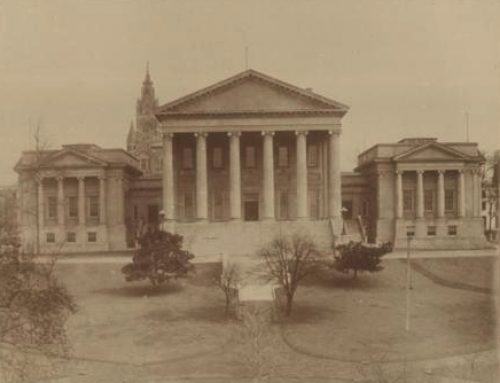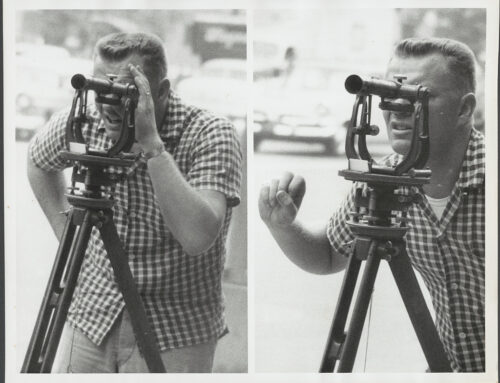
A bill pre-filed for consideration by the 2020 Virginia General Assembly could harm railroad users and utility ratepayers and consumers (i.e., those that use electricity and landline telephones) by increasing the frequency of the award of litigation costs in eminent domain cases. The bill does this by eliminating the special rules that apply in state law condemnation proceedings initiated by railroads and utilities.
Currently, the rules governing the recovery of costs differ depending on the type of condemning authority that is taking the owner’s property. Where the condemnor is a utility or railroad, the property owner can only recover his litigation costs if the trial court awards him at least 30% more in compensation than the amount of the final offer made by the condemnor. To recover costs in cases involving other condemnors, like a locality or a state agency, the owner only has to be awarded at least 25% more than the initial, rather than final, offer made by the condemnor. The statute governing utility and railroad cases requires an owner to provide the condemnor with an appraisal report that justifies his view of the value of the property during negotiations and bars the owner’s recovery of costs if the owner fails to do so, whereas the statute for other cases contains no such requirement. An owner in a railroad or utility case can only recover the cost of up to three testifying expert witnesses, whereas the owner in other cases can recover the cost of additional experts if the condemnor calls more than three experts to testify.
The proposed bill eliminates these differing rules by repealing the statute governing railroad and utility cases and providing that the more general rules described above apply in all state eminent domain proceedings. The bill’s only likely benefit would be to landowners who attempt to represent themselves without counsel in condemnation matters, since pro se litigants may not know how to comply with the existing requirements. Its costs, by contrast, will be felt by every ratepayer in the state.
The bill’s progress may be tracked here: https://lis.virginia.gov/cgi-bin/legp604.exe?ses=201&typ=bil&val=sb28
The text of the bill as proposed may be found here: https://lis.virginia.gov/cgi-bin/legp604.exe?201+ful+SB28+pdf






Leave A Comment